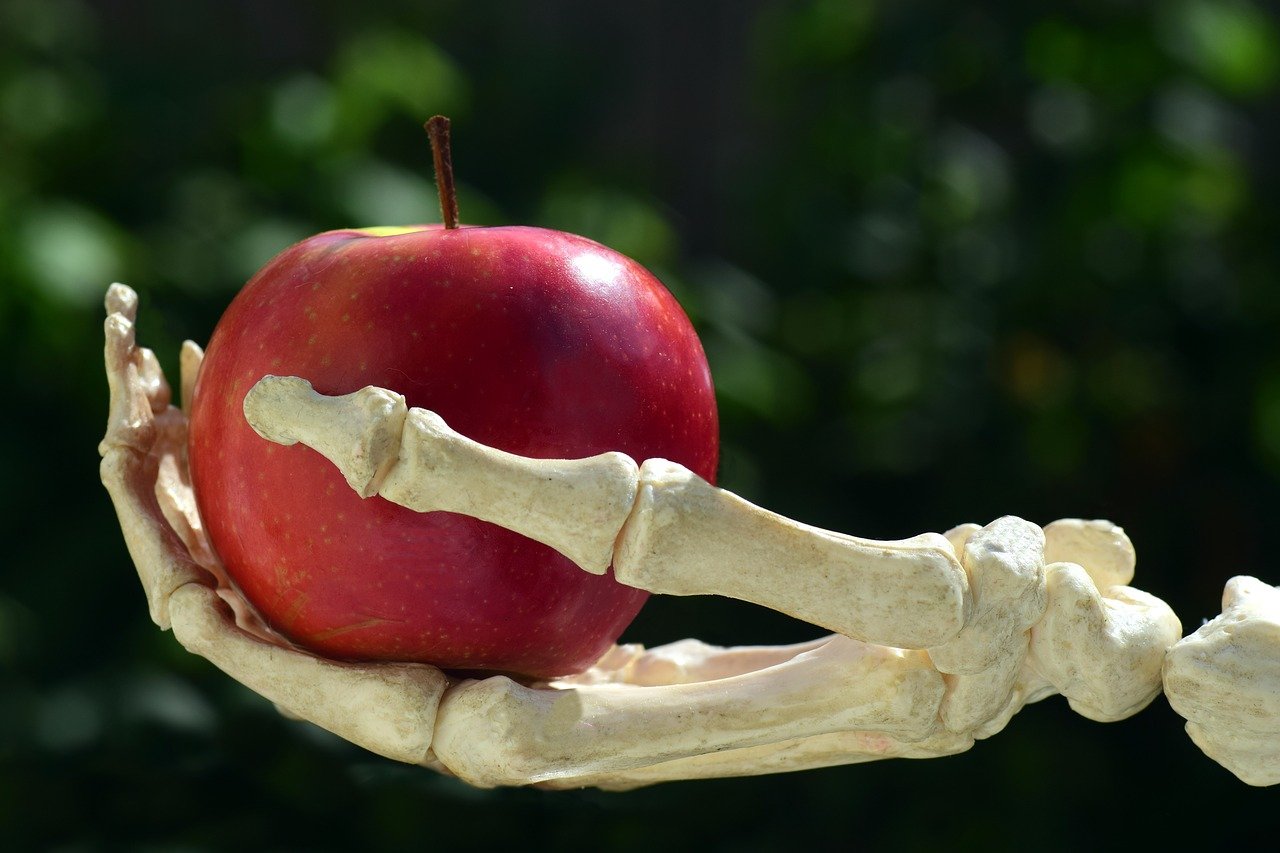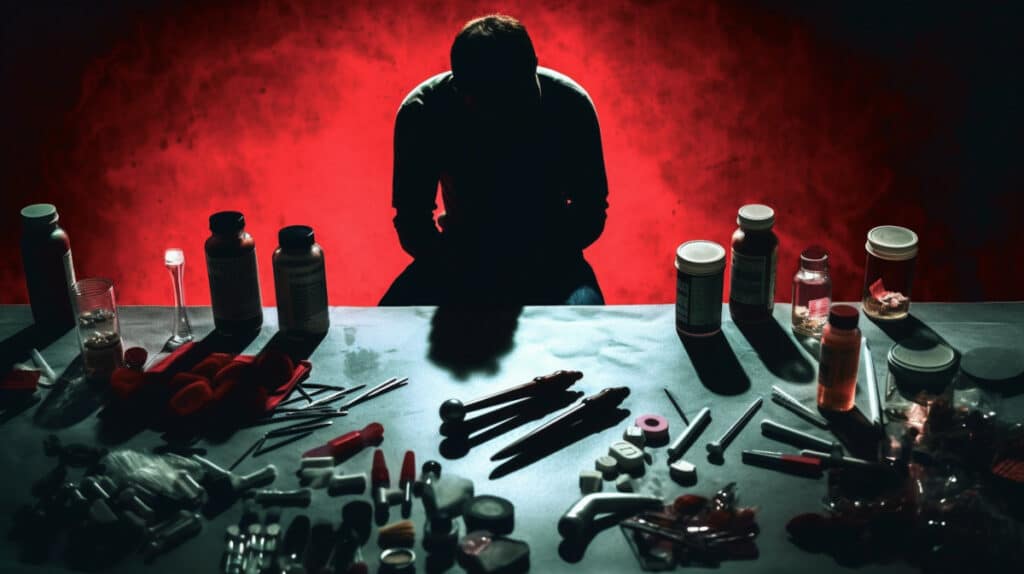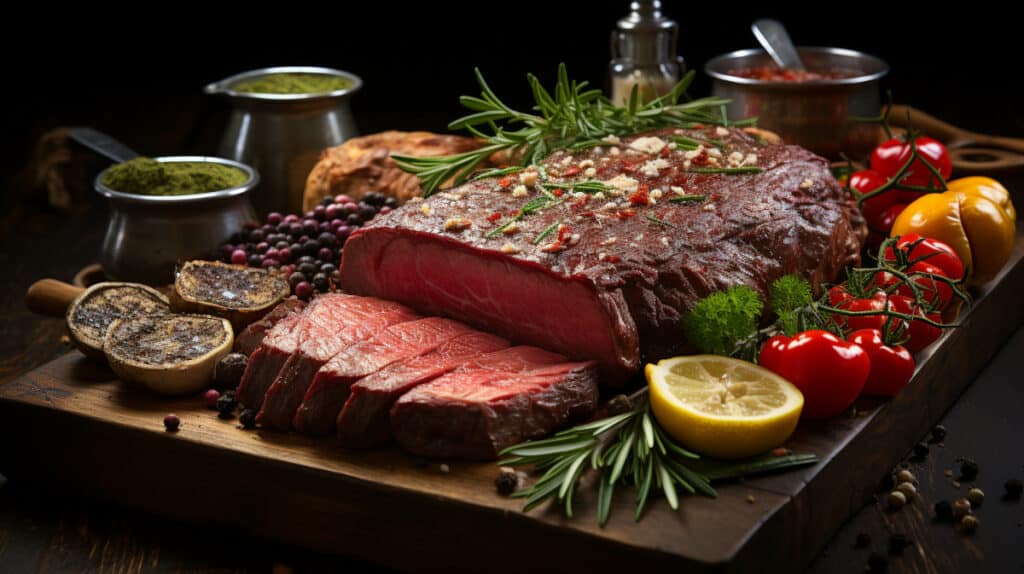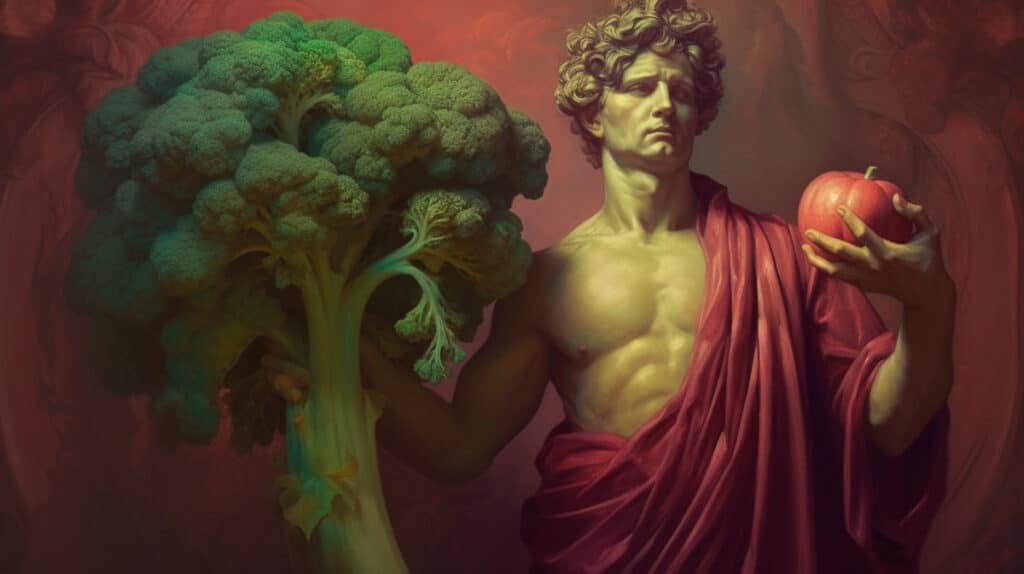Last Updated on July 7, 2024 by Max
Introduction
Boron is a trace mineral proven to play an important role in:
- growth and maintenance of bone;
- wound healing;
- facilitating estrogen, testosterone, vitamin D, and magnesium absorption;
- reducing inflammation;
- increasing protection against oxidative stress and heavy metal toxicity;
- improving cognitive performance and short-term memory for elders.
Moreover, boron has shown therapeutic effects in the prostate, breast, cervical, and lung cancers and some lymphomas. Despite these essential functions of boron in the human body, its exact mechanisms of action are poorly understood.
T-boosters: can we trust the sellers’ claims and product reviews?
Does Boron Stimulate Testosterone Production in Humans?
Boron is believed to play a key role in balancing the natural production of testosterone and estradiol both in males and females.
In a study by Nielsen and colleagues (1987), 3 mg/day of boron supplementation in postmenopausal women resulted in doubling serum estradiol and testosterone levels. Later, in 1997, Naghii et al. reported a similar elevation in serum levels of estradiol in healthy males after four weeks of dietary supplementation with boron.
In a further study, Naghii and colleagues (2011) reported a significant decrease in sex hormone-binding globulin (SHBG), an increase in free testosterone from 11.83 pg/mL to 15.18 pg/mL; and a drop in estradiol levels from 42.33 pg/mL to 25.81 pg/mL in healthy males after a week of boron supplementation of 10 mg/day. Androgen amplifier effects of boron were demonstrated by a significant increase in important sex steroid ratios: the ratio of free bioactive testosterone to total testosterone increased from 3.62 to 4.66, and the ratio of testosterone to estradiol rose from 91.68 to 148.
Similar results have been shown in a study by Mjilkovich et al. (2009). Treatment of males with 12mg/day of boron for two months resulted in a 29% increase in free testosterone and the adrenal androgen DHEA – by 56%.
Most of the testosterone in the blood (about 98%) is bound to proteins, primarily to SHBG, and is not available for biological reaction. And another fact is that the content of SHBG increases with age. So the elevation of free testosterone with boron supplementation may have important beneficial consequences, especially in aging men. The study also revealed a significant decrease in inflammatory indicators, such as interleukin 6, from 1.55 pg/mL to 0.87 pg/mL, high-sensitivity C-reactive protein by 50%, and tumor necrosis factor α by about 30%.
Boron Reduces Inflammation and Interferes With Cancer Growth
Epidemiological and controlled animal and human studies suggest boron as an effective treatment for osteoarthritis. Researchers found that the prevalence of osteoarthritis ranges from 20% to 70% in areas where boron intake is around one mg/d and from 0% to 10% – in areas where boron intake is usually 3 to 10 mg/d.
Organic boron, calcium fructoborate found in plant foods, is a compound of boron, fructose, and calcium.
A two-month study showed highly positive effects of calcium fructoborate on osteoarthritis symptoms. In the group with severe osteoarthritis (patients received 12 mg/day of boron), pain reduction was 48% at four weeks and 65% at eight weeks. 40% of patients reduced or stopped using ibuprofen as a pain killer during the first four weeks, and 75% had quit intake of ibuprofen by eight weeks. Joint rigidity disappeared in one-half of the severe osteoarthritis patients in the first four weeks.
In the group of patients with mild and medium osteoarthritis (6 mg/day of boron supplementation), 67% had stopped using anti-inflammatory medication by eight weeks, and all patients were rigidity free.
Prostate, cervical, breast, and lung cancers proved to be most sensitive to calcium fructoborate treatment. A study published in “Anti-Cancer Agents in Medicinal Chemistry” (2010) found that boron-rich diets significantly lower prostate and cervical cancer risk and decreased lung cancer risk in smoking women.
Recommended Doses of Boron Intake
Despite the numerous health benefits of boron in the human body and extensive studies, no recommended daily doses have been set for boron so far. 20 mg/d of boron has been accepted as the upper intake level for adults. Reported rates for mean boron consumption vary depending on the culinary preferences and the boron concentrations in the soil: 1.7 to 7.0 mg/d in the United States and 0.8 to 1.9 mg/d in the European Union.
In the previous studies, the beneficial effects of boron on bone, sex steroids, and vitamin D appeared only at intakes of over three mg/d. The careful analysis of the evidence-based data and the absence of noticeable negative side effects allow suggesting boron supplementation of 3 mg/d for people consuming a low vegetable and fruit diet or individuals at risk for prostate, breast, and lung cancer, or who have bone issues such as osteopenia, osteoporosis, and osteoarthritis.
Before taking any supplements, consult with your healthcare provider.
If you prefer the natural way of satisfying the body’s needs in boron, include in your diet a wide assortment of plant-based foods to get enough calcium fructoborate.
Chemical Analysis of Boron Content (mg/100 g) in the Top 10 Foods.
| Food | mg/100 g |
| Avocado | 1.43 |
| Peanut butter | 0.59 |
| Peanuts, dry | 0.58 |
| Prune juice | 0.56 |
| Chocolate powder | 0.43 |
| Red wine | 0.36 |
| Granola-raisin cereal | 0.36 |
| Grape juice | 0.34 |
| Pecans | 0.26 |
| Raisin bran | 0.26 |
Adapted Lara Pizzorno (2015).
If you use computer software to determine the content of boron in the food, pay attention that the currently available databases such as Food Processor greatly overestimate its values, being up to 3 to 4 times higher than the values found using chemical analysis.
Fruits, leafy vegetables, nuts, peanuts, raisins, and legumes, are rich in boron, as are wine, cider, and beer – beverages from fermented plants. Meat, fish, dairy products, and coffee are poor sources of boron.
Conclusion
The results of the research mentioned evidence that despite its cheapness and ease to get, boron is much more potent and effective in terms of natural testosterone boosting than many more popular products, T-boosters available on the market. Why not try it? Moreover, boron has so many other health benefits, particularly for elderly people.

References
- Nielsen FH, Hunt CD, Mullen LM, Hunt JR. Effect of dietary boron on mineral, estrogen, and testosterone metabolism in postmenopausal women. FASEB J. 1987;1(5):394–397.
- Naghii MR, Samman S. The effect of boron supplementation on its urinary excretion and selected cardiovascular risk factors in healthy male subjects. Biol Trace Elem Res. 1997;56(3):273–286.
- Naghii MR, Mofid M, Asgari AR, Hedayati M, Daneshpour MS. Comparative effects of daily and weekly boron supplementation on plasma steroid hormones and proinflammatory cytokines. J Trace Elem Med Biol. 2011;25(1):54–58.
- Scorei R, Mitrut P, Petrisor I, Scorei I. A double-blind, placebo-controlled pilot study to evaluate the effect of calcium fructoborate on systemic inflammation and dyslipidemia markers for middle-aged people with primary osteoarthritis. Biol Trace Elem Res. 2011 Dec; 144(1-3):253-63.
- Korkmaz M, Sayli U, Sayli BS, Bakirdere S, Titretir S, Yavuz Ataman O, Keskin S Estimation of human daily boron exposure in a boron-rich area. Br J Nutr. 2007 Sep; 98(3):571-5.
- Miljkovic D, Scorei RI, Cimpoiaşu VM, Scorei ID Calcium fructoborate: plant-based dietary boron for human nutrition. J Diet Suppl. 2009; 6(3):211-26.
- Lara Pizzorno (2015) Nothing Boring About Boron. Integr Med (Encinitas). 2015 Aug; 14(4): 35–48.








Pretty interesting article about boron.
It seems that boron also comes with some adverse effects. Europe is still not allowing its use.
What’s your opinion on this?
https://www.deutsche-apotheker-zeitung.de/daz-az/2016/daz-50-2016/wunderwaffe-bor (in German, but Google translates it pretty well)
Best regards
Thank you for the interesting question.
It’s a scientific fact, proven in multiple controlled experiments, that boron in nutritional amounts has beneficial effects on bone health and the nervous system, lowers arthritic symptoms, regulates steroids, and is linked with a reduced risk for some types of cancer.
But this does not contradict the fact that, according to The European Chemicals Agency, boric acid and borates are included in the list of chemicals probably reproductively toxic in humans. Indeed, inorganic boron in horse amounts (26 mg per 1 kg of body weight) resulted in a decreased volume of sperm in male rats. Higher doses caused testicular atrophy and infertility. To get a similar effect in a man of 100 kg, he probably must be given 2600 mg of boron a day. Any supplement, not only boron, may become toxic if taken in such proportions. But, we are talking about nutritional amounts not exceeding 1-3 mg a day for some groups of people who may be deficient in boron. These may be the people consuming a low vegetable and fruit diet, individuals at risk for prostate, breast, and lung cancer, or who have bone issues. Howbeit, you have to consult with your healthcare provider before taking any supplement.